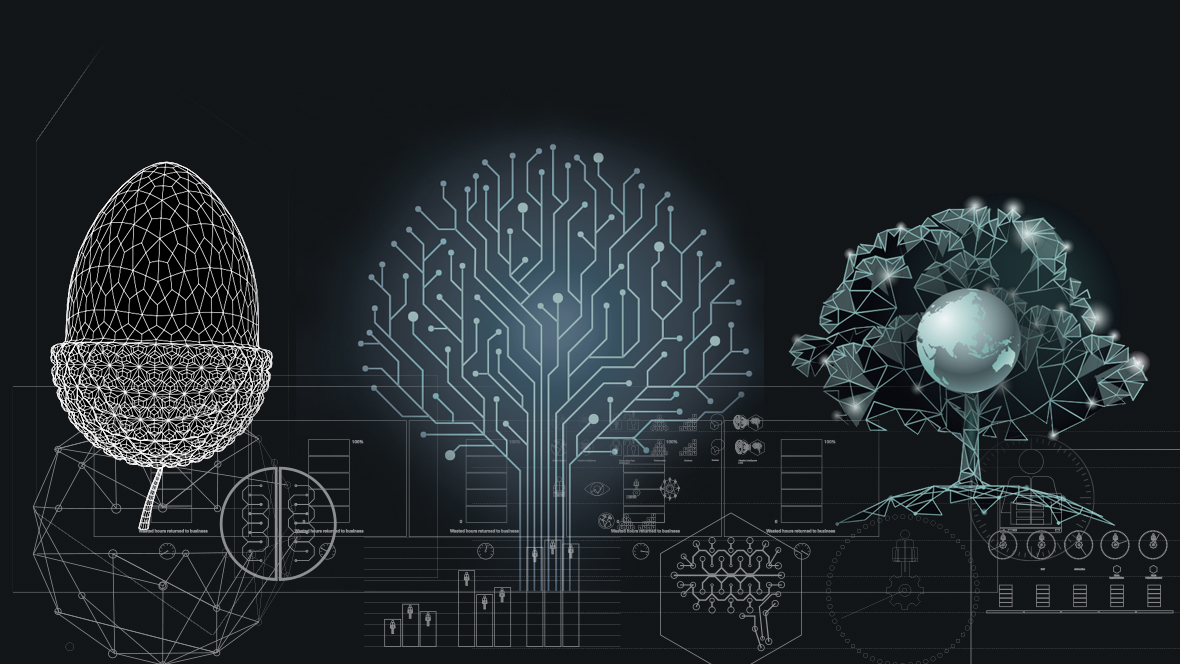What’s the difference between Digitization, Digitalization and Digital Transformation?
These terms often used in the context of technology and business processes, but they refer to different concepts related to the integration of digital technologies into various aspects of an organization.

These concepts are interconnected, and organizations often progress from digitization to digitalization and, ultimately, to digital transformation as they adapt to the evolving digital landscape and seek to remain competitive and innovative.
Here’s a breakdown of the differences between these terms:
- Digitization: Digitization refers to the process of converting analog information into digital format. It involves taking physical data, documents, or processes and converting them into digital form that can be stored, processed, and manipulated electronically. For example, scanning paper documents to create digital copies or converting physical processes like paper-based forms into digital forms is a part of digitization. Digitization is often the first step in the journey toward a more digital operation.
- Digitalization: Digitalization is the broader process of using digital technologies to transform and improve existing business processes and operations. It involves leveraging digital tools and technologies to streamline, automate, or enhance traditional processes. Digitalization often leads to increased efficiency, accuracy, and accessibility of information. It’s about applying digital solutions to optimize specific tasks or operations within an organization without necessarily changing the fundamental nature of those processes.
- Digital Transformation: Digital transformation is a comprehensive and strategic organizational change that involves using digital technologies to fundamentally transform business models, operations, and customer experiences. It’s not just about adopting new tools, but also reimagining the way an organization operates and delivers value. Digital transformation involves cultural shifts, new ways of thinking, and a holistic approach to reshaping the entire organization. It often results in significant changes to how a company does business and interacts with its customers.
Summary:
- Digitization: Converting analog information into digital format (e.g., scanning documents).
- Digitalization: Integrating digital technologies to improve specific business processes (e.g., using software to automate inventory management).
- Digital Transformation: Comprehensive, organization-wide changes using digital technologies to redefine business models, operations, and customer experiences (e.g., shifting from traditional retail to an online marketplace with personalized recommendations).
